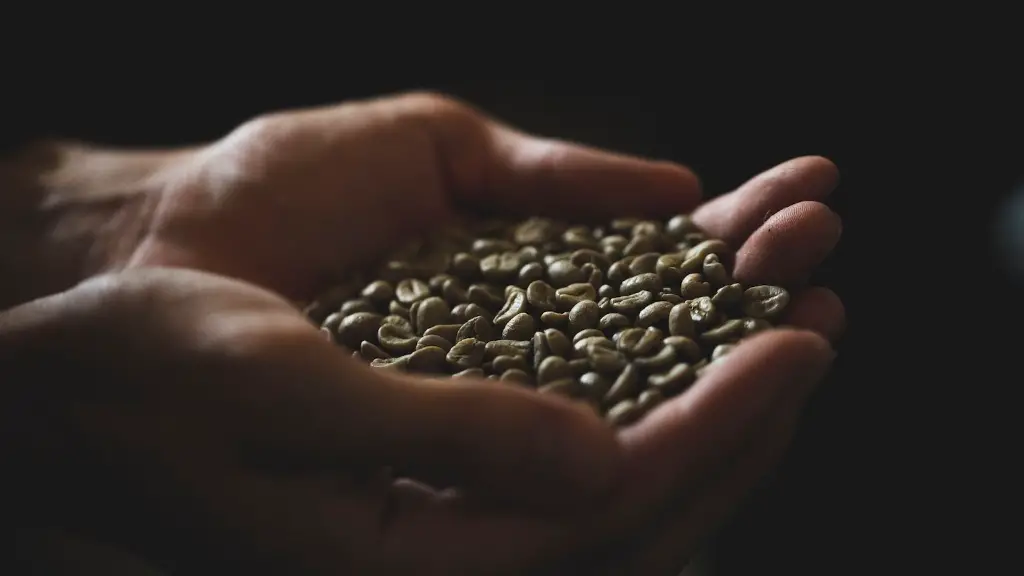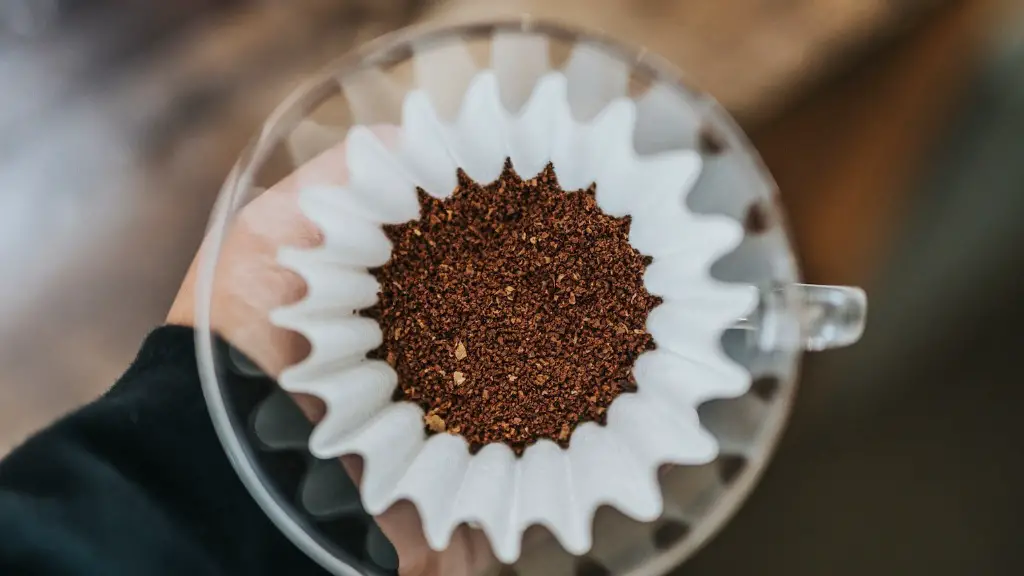Coffee is a popular go-to beverage that consumers turn to for a little extra energy and focus. While it can be a helpful pick-me-up when you’re driving, is coffee really legal while behind the wheel?
A coffee while driving is considered a form of distracted driving, which is illegal in every U.S. state. Driving while distracted is a huge safety risk that can lead to car crashes, injuries, and fatalities.
In most states, laws concerning what can and can’t be done while driving focus on the use of hands-on activities, including food and beverage consumption. This means that consuming coffee, tea, yogurt, or anything else is illegal.
Regardless of the laws, experts agree that drinking coffee behind the wheel still isn’t safe. Coffee cup lids don’t always prevent spills, and spills can obstruct your view through the windshield. That can lead to car accidents if you suddenly can’t see an obstacle in the road or an approaching vehicle.
Leaky coffee cans can also be uncomfortable – a person having to constantly wipe their hands while driving can be an even greater distraction than simply drinking coffee. Comfort can also be a serious issue while driving; the need to adjust clothing or position constantly is just another form of driving distraction, and one which should be avoided at all costs. Finally, hot drinks can cause painful burns should they spill and make contact with bare skin.
The consequences of a distracted driver can be severe; while a ticket or a fine may be the most immediate punishment, the potential for vehicles and property damage and personal injury is much more dire. These types of accidents and the resulting expenses can create a great financial burden for those involved. To avoid such outcomes, the best suggestion is to simply not risk it.
Instead of drinking coffee behind the wheel, try drinking it before you get in the car. Caffeine takes about 20 minutes to take effect, so drinking a cup before you drive gives you the benefit of the energy boost without endangering yourself or others.
The Use of Coffee to Combat Fatigue
Driver fatigue is a major cause of car accidents in the US, with 1 in 25 drivers admitting to having fallen asleep at the wheel just within the last 30 days, according to the Centers for Disease Control and Prevention.
Consuming coffee may help drivers stay awake and alert on the road, particularly during the night. Caffeine can make you more alert and less likely to become sleepy, although its effects depend on the individual. Overall, the amount of caffeine a person consumes can determine how alert and responsive they will be.
To ensure that you stay as alert as possible during long drives, experts suggest trying to stop every couple of hours at a rest area or cafe and taking a short break. Alternatively, they advise drivers to switch with a fresh, well-rested driver, if possible.
Staying hydrated while on the road is also recommended. Water helps keep your body functioning, giving a sense of relief and helping to reduce tiredness and fatigue. It’s also important to pay attention to your car’s tire pressure, as this can affect how well your car handles.
Finally, before you hit the road, make sure you get a good night’s rest. Sleep is important for optimal driving performance and safety. Aim for seven to nine hours of sleep a night before getting behind the wheel of your car.
The Physical and Mental Impact of Caffeine
Caffeine is a stimulant found in coffee, tea, energy drinks, and many other beverages. Compared to other substances, the amount of caffeine in coffee is fairly low, with a single cup containing only 100 – 150 milligrams.
For most people a single cup of coffee isn’t harmful, though too much caffeine can lead to sleeplessness, restlessness, and even restlessness. Effects vary among people, as some may be more sensitive to the compound. Therefore, it’s important to know your limit when it comes to coffee-drinking.
Aside from physical impacts, coffee can make you psychologically dependent. Caffeine is a drug and its effects can be both physical and psychological. Those who rely on the beverage to stay awake can have difficulties functioning without it.
Heavy caffeine use can also lead to anxious feelings and can cause people to focus too much on things that are of little importance. When over-dependant on caffeine, it can be difficult to examine the bigger picture, leading to difficulty in making complex decisions under pressure.
When used in moderation, there’s no harm in drinking coffee or other caffeinated beverages. In fact, coffee can be beneficial in reducing the risks of several diseases, including Parkinson’s and colon cancer.
Coffee Alternatives on the Road
Not everyone’s a fan of coffee – some find the taste bitter, some don’t like the smell, and some may be caffeine-sensitive. Fortunately, there are plenty of alternatives out there.
Non-caffeinated beverages such as juice, sports drinks, and water are all excellent alternatives for keeping alert and hydrated. Hot chocolate can also be a nice pick-me-up, as can bite-sized snacks like trail mix, almonds, and other nuts.
Another alternative to coffee is herbal teas. These are generally caffeine-free and can still be enjoyed while on the go. But, as with caffeinated drinks, you have to make sure that you don’t become too distracted while drinking them.
Finally, engaging in activities like music, podcasts, or audio books are great ways to help you stay awake while driving. Bonus points if you can find a way to do this without using your hands – using voice command technology or investing in a car radio with a long lead so you can change the channel without taking your hands off the wheel.
Risks of Drinking Coffee While Driving
Although more research is needed to understand the full impact of drinking coffee while driving, the risks are clear. Keeping your hands on the wheel and eyes on the road are key to staying safe and free from potential accidents.
Distractions in the car can reduce reaction times and impair judgment. Many activities cause drivers to become distracted; including cell phone use, adjusting the radio, and singing along to music. All of these should be avoided, especially when combined with another action like drinking coffee.
Finally, when it comes to coffee-induced car crashes, it’s important to remember the effects can be amplified when the driver is already fatigued. Being overloaded with caffeine while driving can be just as hazardous as being severely sleep-deprived.
Strategies for Keeping Abreast of Coffee Drink Laws
Since laws concerning drinking coffee while driving vary from state to state, it’s important to stay up-to-date. State Department of Motor Vehicles websites are a great resource to help you understand the laws and regulations of a particular state.
In some states, the fine for drinking and driving can be up to $500. However, many states also incorporate driving infractions into a class system, with heavier fines for repeated offenses.
Ultimately, you’re playing Russian roulette when drinking coffee while driving. Even if you’re not in a state where it’s illegal, you could still cause an accident and hurt yourself or someone else. It’s simply too risky.
The Benefits of Coffee Alternatives on the Road
For those looking for a caffeine pick-me-up without the dangers associated with drinking coffee while on the road, several other options are available. Energy drinks and soft drinks offer a small amount of caffeine and usually don’t contain the same level of strength as a cup of coffee.
Snack options like energy bars, nuts, and trail mix are excellent alternatives too. They provide a boost to your sugar levels, increasing attention and alertness while driving.
Fruits like bananas and apples can also provide a much-needed boost. Apples especially are known to provide a burst of energy, as their natural sugars work to stimulate the brain.
Finally, things like music, podcasts and audio books are great for keeping alert and boosting your mood. It’s important to remember that this should be done without taking your hands off the steering wheel.
Tips for Staying Hydrated While Driving
You may be busy driving, but that doesn’t mean you shouldn’t stay hydrated. Drinking fluids helps reduce tiredness and fatigue, which are major risk factors associated with impaired driving.
Water is the best option for staying hydrated while on the road. While water is the obvious choice, there are other alternatives too, such as energy drinks, herbal teas, and fruit juices.
It’s also important to be mindful of how much liquid you’re taking in. Too much fluids consumed quickly can make you feel bloated and uncomfortable, leading to further distraction.
If you’re taking a long-haul drive, it’s important to plan ahead and bring a supply of drinks and snacks. Getting out of the car every time you need to eat or drink is a distraction and can become a safety risk in itself.
If you’re prone to perspiring heavily during car rides due to nervousness or stress, try bringing a wet towel or facecloth in the car, preferably a cotton one that absorbs water easily. Moisture can help cool down a hot, sweaty face and calm your nerves.





